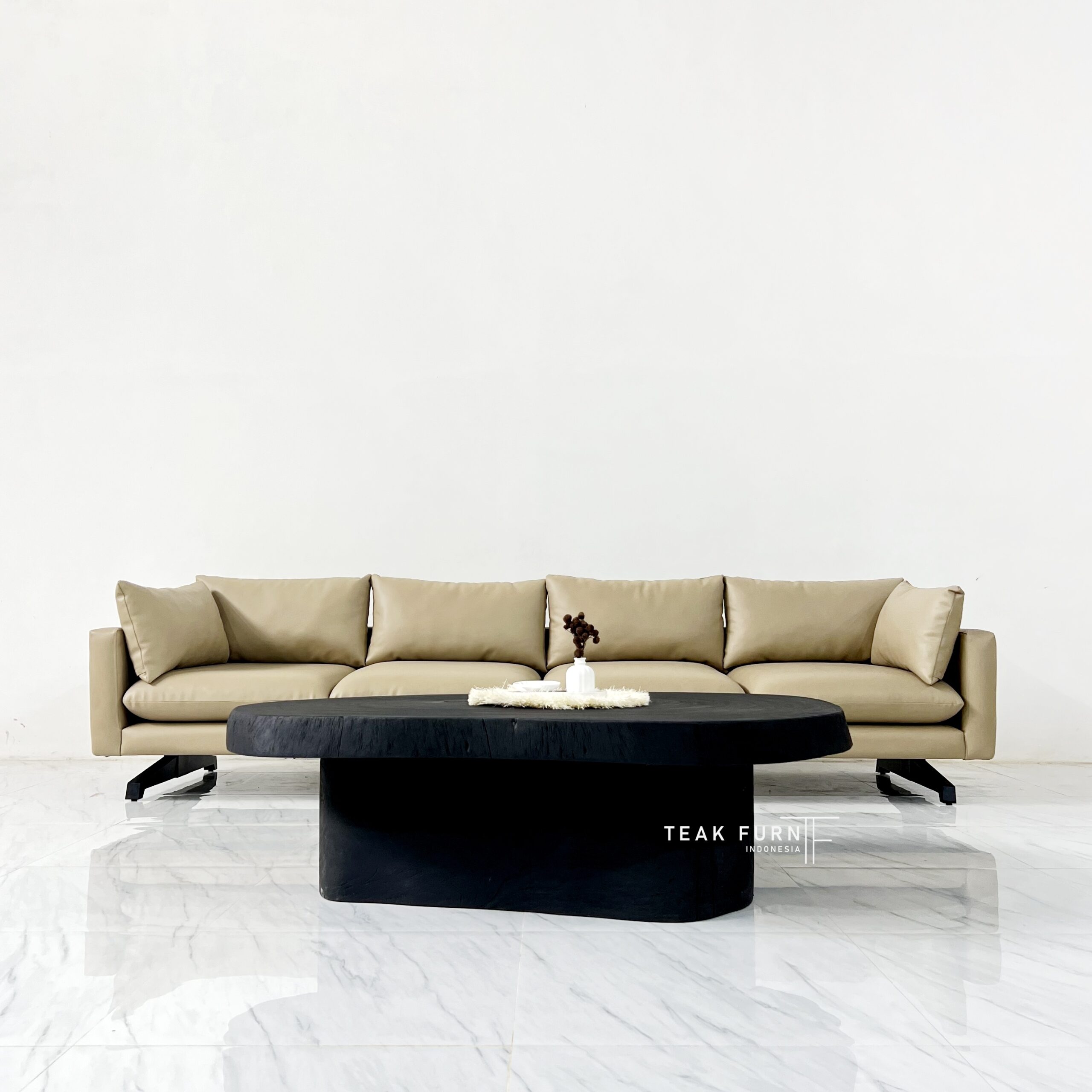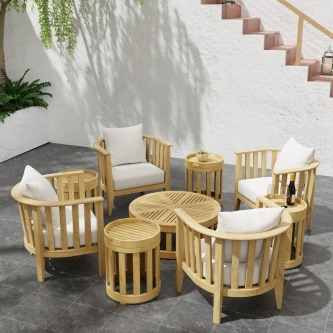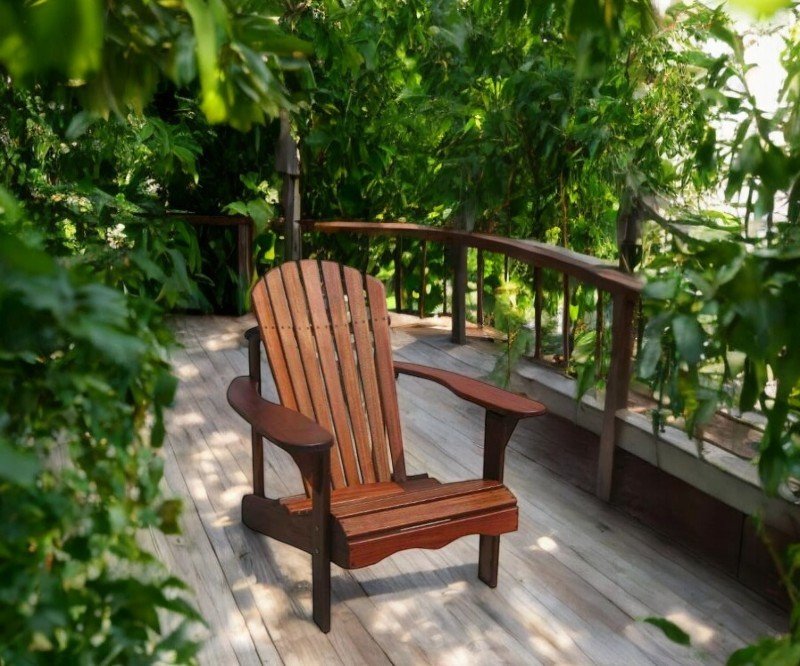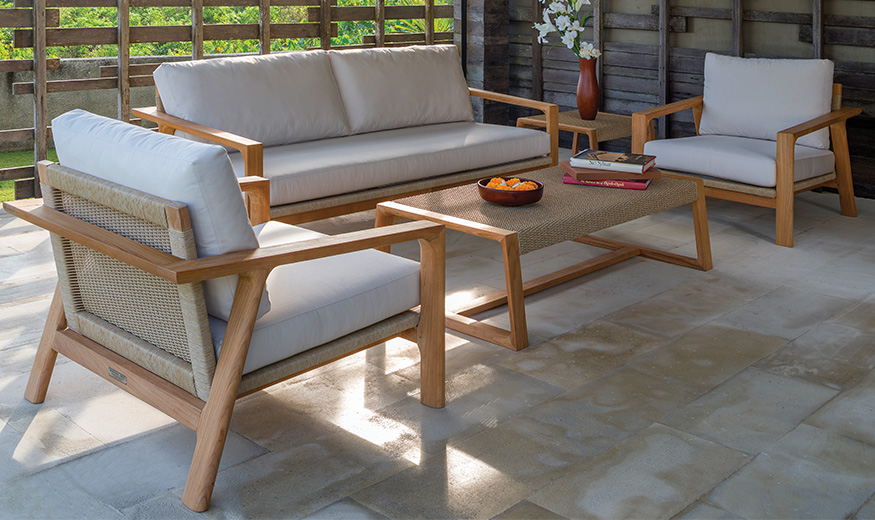
In the evolving landscape of home decor and furniture design, teak furniture remains a timeless favorite. Known for its natural durability, elegance, and weather resistance, teak has long been used for both indoor and outdoor applications. However, as sustainability and technology reshape the way we live, teak furniture is also undergoing an exciting transformation. From eco-friendly sourcing to smart features, the future of teak furniture looks promising and progressive.
1. Sustainable Sourcing Becomes Standard

The future of teak furniture is deeply tied to sustainability. As global concerns about deforestation and climate change rise, both consumers and manufacturers are seeking environmentally responsible options. This has led to a major shift toward using plantation-grown teak, especially from certified forests in Indonesia, India, and Central Africa.
Furniture makers are increasingly relying on teak that is certified by organizations like the Forest Stewardship Council (FSC) or Indonesia’s SVLK certification system. These certifications ensure that the wood is legally harvested, sustainably managed, and socially responsible. As a result, buying teak furniture today often means making a more eco-conscious choice.
2. Eco-Friendly Finishing and Production

Another innovation driving the teak furniture industry forward is the development of non-toxic, water-based finishes. These alternatives to traditional varnishes and sealants help protect both the environment and indoor air quality. They highlight teak’s natural golden-brown hue while reducing chemical emissions.
Manufacturers are also investing in energy-efficient production methods, minimizing waste, and incorporating recycled materials into their packaging. These green practices are not only better for the planet but are becoming strong selling points in a competitive market.
3. Modern, Minimalist Designs
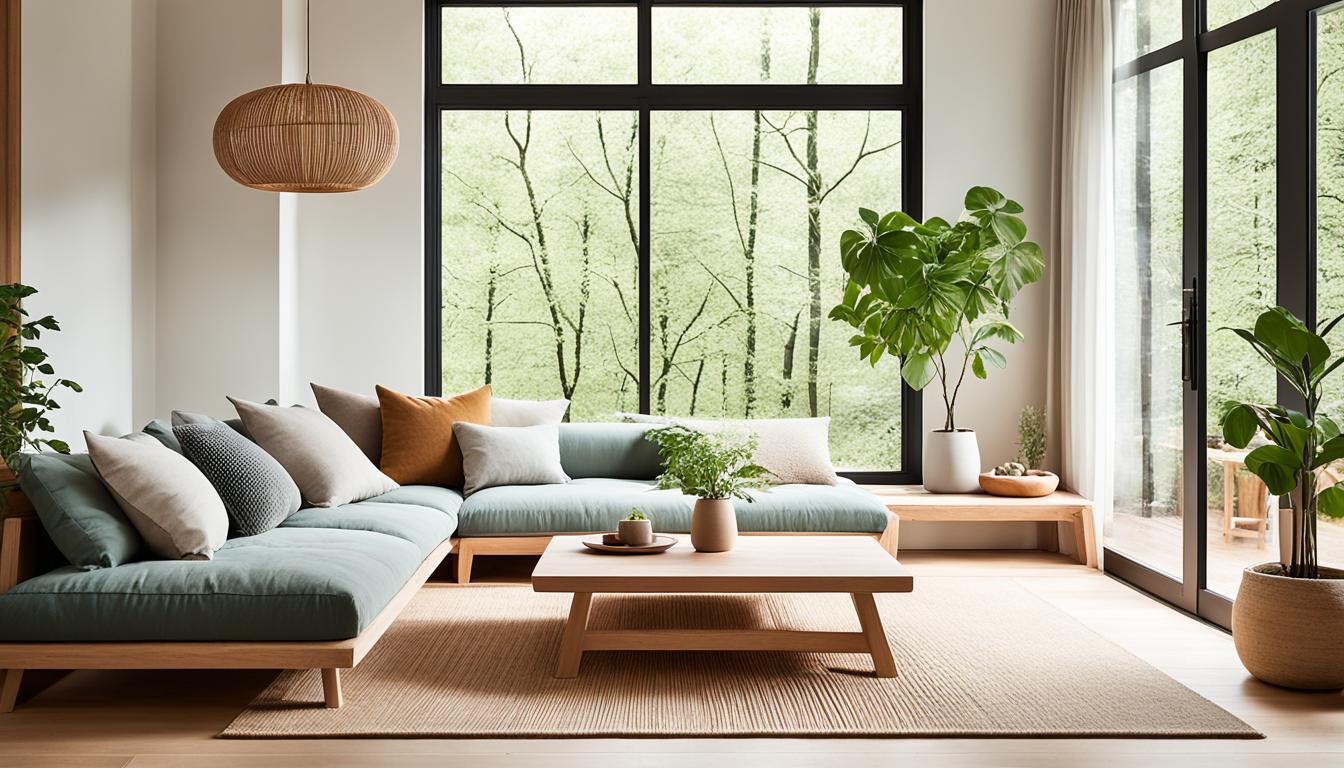
Teak furniture is no longer limited to classic, colonial-style pieces. Today’s trends lean toward minimalist, clean-lined designs that reflect global influences like Scandinavian and Japanese aesthetics. This modern style celebrates functionality, simplicity, and the organic beauty of teak wood.
Furniture is now designed to be more space-efficient and versatile, appealing to urban lifestyles. Foldable teak chairs, stackable stools, and compact dining sets are increasingly popular among apartment dwellers and small-space homeowners.
4. Smart Furniture Innovations
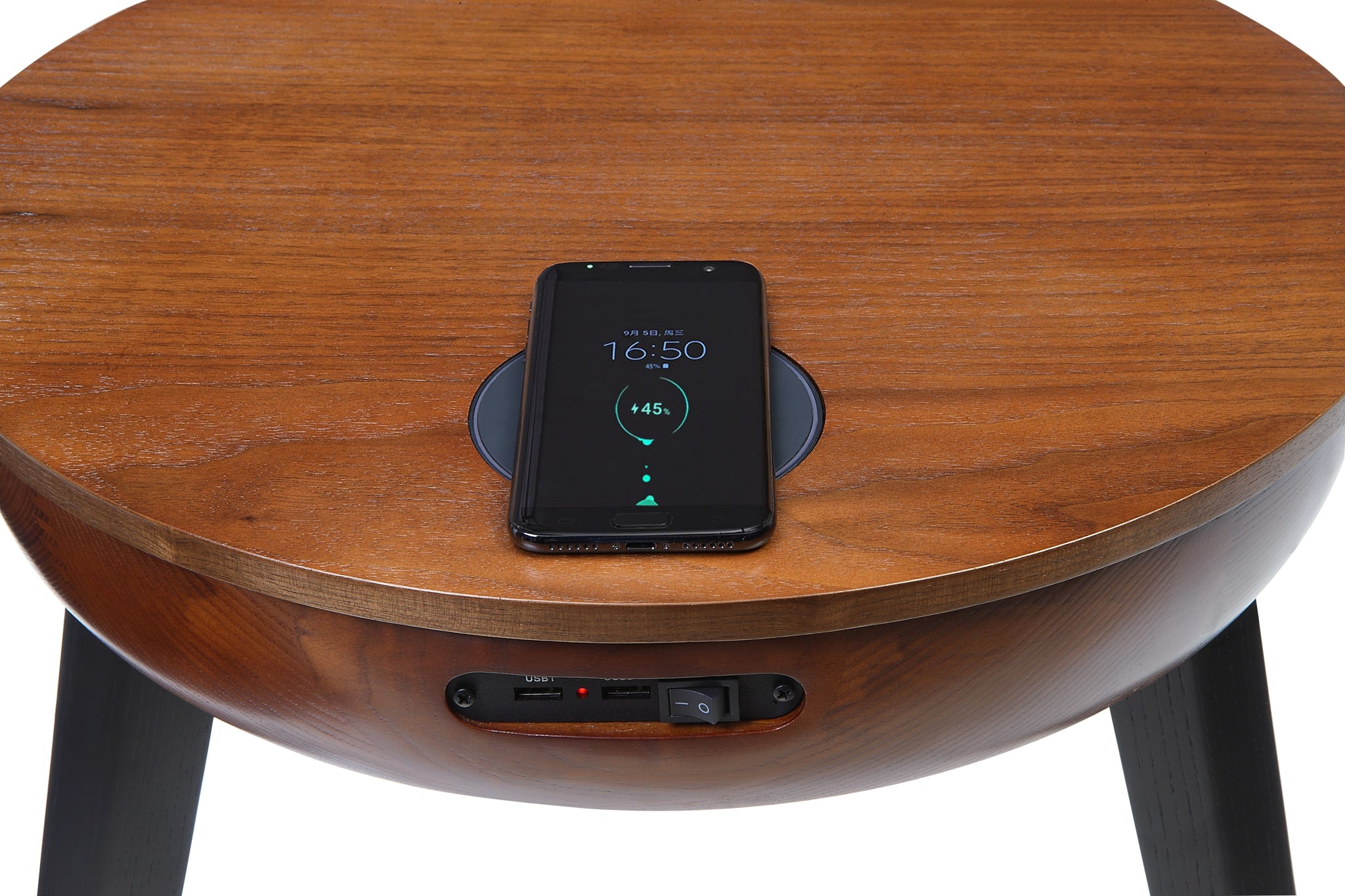
As homes become smarter, so does furniture. Teak furniture with integrated technology is an emerging niche. We’re seeing the introduction of features like wireless charging ports, Bluetooth speakers, and LED lighting built into teak nightstands, desks, and outdoor lounges.
Though still in early development, the integration of smart home capabilities and teak furniture could grow in the near future. Think of patio benches that monitor weather conditions, or office desks that improve ergonomics through AI-driven adjustments. Teak, thanks to its strength and longevity, is the perfect material to host these innovations.
5. Blurring the Line Between Indoor and Outdoor Use

Thanks to its natural resistance to moisture, pests, and decay, teak furniture has long been a favorite for outdoor use. However, a growing trend is the creation of pieces that are equally suited for both indoor and outdoor environments.
Designers are focusing on seamless indoor-outdoor transitions with multifunctional teak furniture. For instance, a teak bench that serves as a hallway seat during winter can be moved to the garden in summer. This versatility adds value for consumers seeking long-term investment and flexible design.
6. Customization and Personal Expression

Personalization is another key trend shaping the future of teak furniture. Consumers are increasingly drawn to custom-made pieces that reflect their individual tastes. From choosing specific dimensions and finishes to incorporating engraved patterns, teak furniture makers are offering more opportunities for personal expression.
Advancements in 3D modeling and online visualization tools now allow customers to preview their customized teak furniture before purchase. This digital innovation not only enhances user experience but also reduces production errors and waste.
Conclusion
As trends evolve and technology advances, teak furniture is adapting while retaining its natural beauty and timeless charm. The shift toward sustainable practices, minimalist design, and smart innovations positions teak as a forward-thinking choice in the furniture market.
Whether you’re a homeowner seeking long-lasting elegance or a designer looking to embrace sustainable living, teak furniture continues to offer unmatched value. With a future shaped by eco-consciousness, technological integration, and artistic customization, teak remains more than just a material — it’s a symbol of enduring quality and modern innovation.

